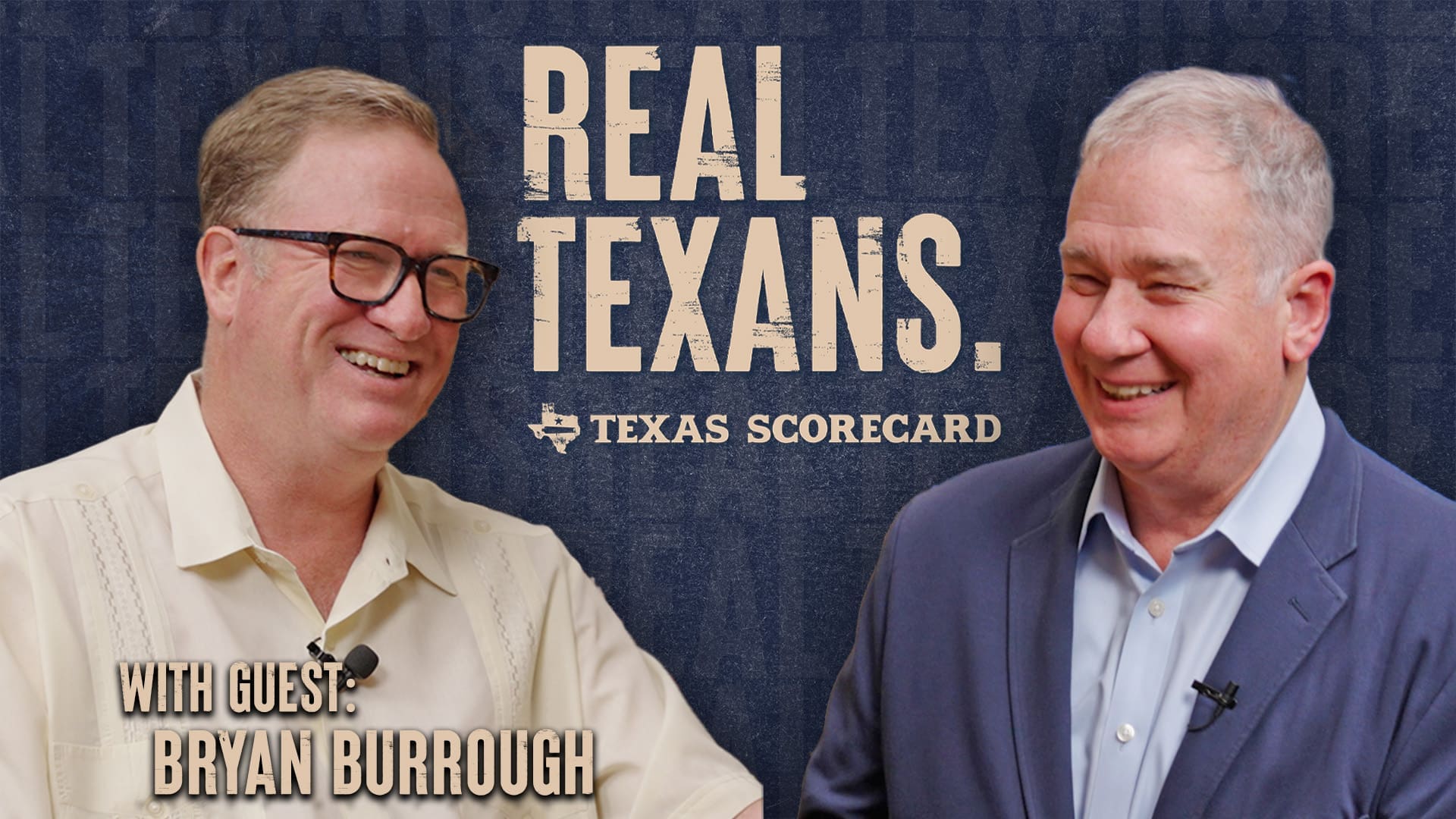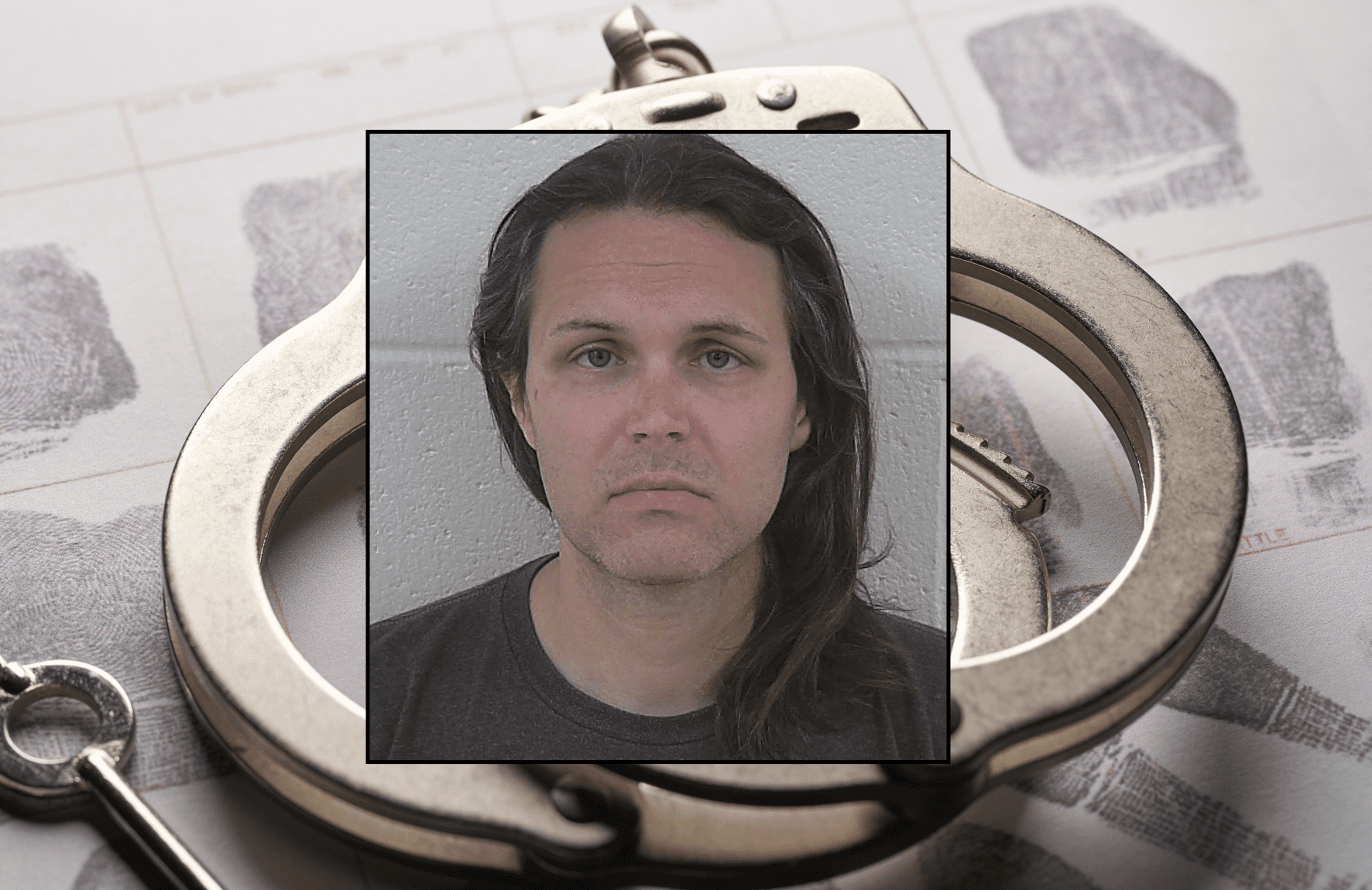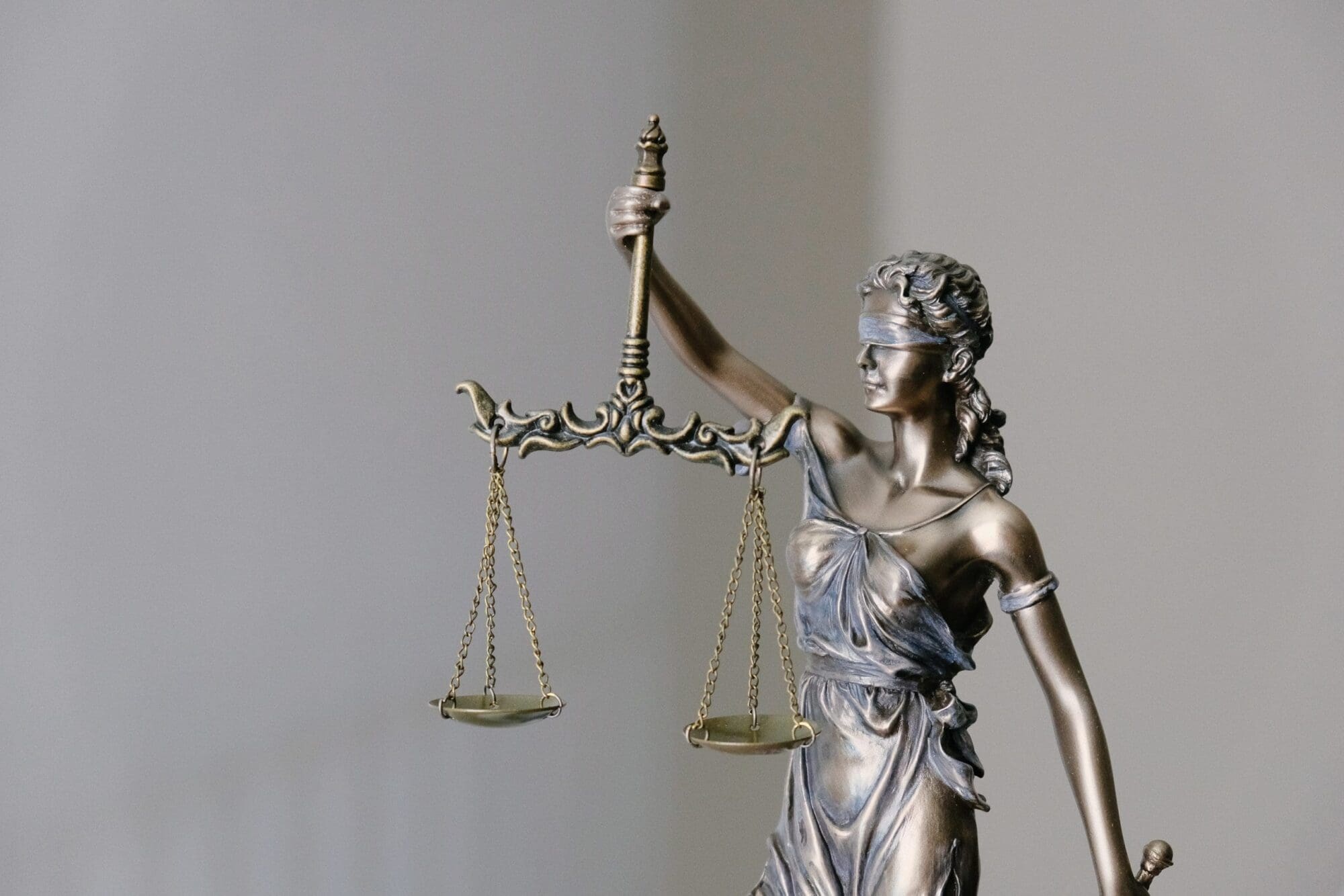Prayer is a powerful thing, but all too often – gripped by a pious spirit – we get very lazy. Inspired by the language of European serfs from the Middle Ages, we pray like peasants hoping God will turn the favor of some distant king toward us.
Sadly, the prayers of many Christians reflect a disastrous understanding of our government, and of our responsibilities as citizens. In short, in too many of our churches and gatherings, we’re not praying for all the right people.
I hear this a lot. A well-meaning person begins by calling forth the blessings and wisdom of heaven on “our rulers,” praying for divine guidance to be bestowed by those “in authority” over us. They beseech the Almighty to give wisdom to those who “bear the sword of government power.” Once they have built up a rhetorical head of biblical-sounding steam, they boldly step forth in naming the names of the president, the governor, the mayor, and so on.
I will say it again: They aren’t praying for the people who need it most, if they are praying for our leaders. I sometimes worry that there are people of faith who would rather be serfs living under a distant monarch than rulers in this republic.
Now, don’t get me wrong. We should absolutely pray for the president. We should pray for the governor. We should pray for the Congress and the legislature, the courts, our city council, and school board. We should pray for those bodies collectively, and the officials individually.
Yet… If we are going to be praying for our leaders, and we limit ourselves to the holders of political offices, then we are missing out on the leaders who really need our prayers.
Our system of government does not recognize the president, governor, Congress, or mayor as the “leaders” of our country and culture. Those individuals are servants; for better or worse, they reflect (and amplify) the culture created by the citizenry.
The actual, constitutional leaders in our self-governing republic are our fellow citizens. This makes us unique in the world. The language of our republic makes this clear: The people with the titles whose names appear on the ballot are our servants. They are given discrete power to do clearly defined things for a narrow period of time. The royal and ruling sovereign? The master? That would be you, me, and our neighbors.
It is an uncomfortable fact, but the sovereign leaders God has appointed over you and me in this republic are each other and our neighbors. We set the governing tone of our nation, for better or worse. Presidents and governors and mayors and all the rest are reflections of our collective morality, or, put differently, the immorality we tolerate.
For Christians, we must read Romans 13 not as the serfs living under a feudal lord but as the ruler who is tasked with exercising leadership in our republic. Yes, we give those officeholders discrete powers for specific periods of time, but the responsibility for our republic rests with the citizens.
It might be easier to pray for the president and the mayor, but if we want the leadership in our nation to be imbued with divine wisdom, we should be praying for our neighbors. It might be easier to rhetorically offload our responsibilities as citizens to the hired help, but I am certain the Author of Liberty is not quite so intellectually lazy.
After all, the Founding Fathers used God’s model for government in setting up our republic. They explicitly sought His guidance in framing a government in which “We The People” would rule under His kingship. We must not squander this precious opportunity or heady responsibility.
Let us resolve to be more bold in our prayers, and in praying for an awakening among those who have truly been called and designated to lead our republic. Let us pray for that most sought after title in the world. Let us pray for the citizens of these United States.





